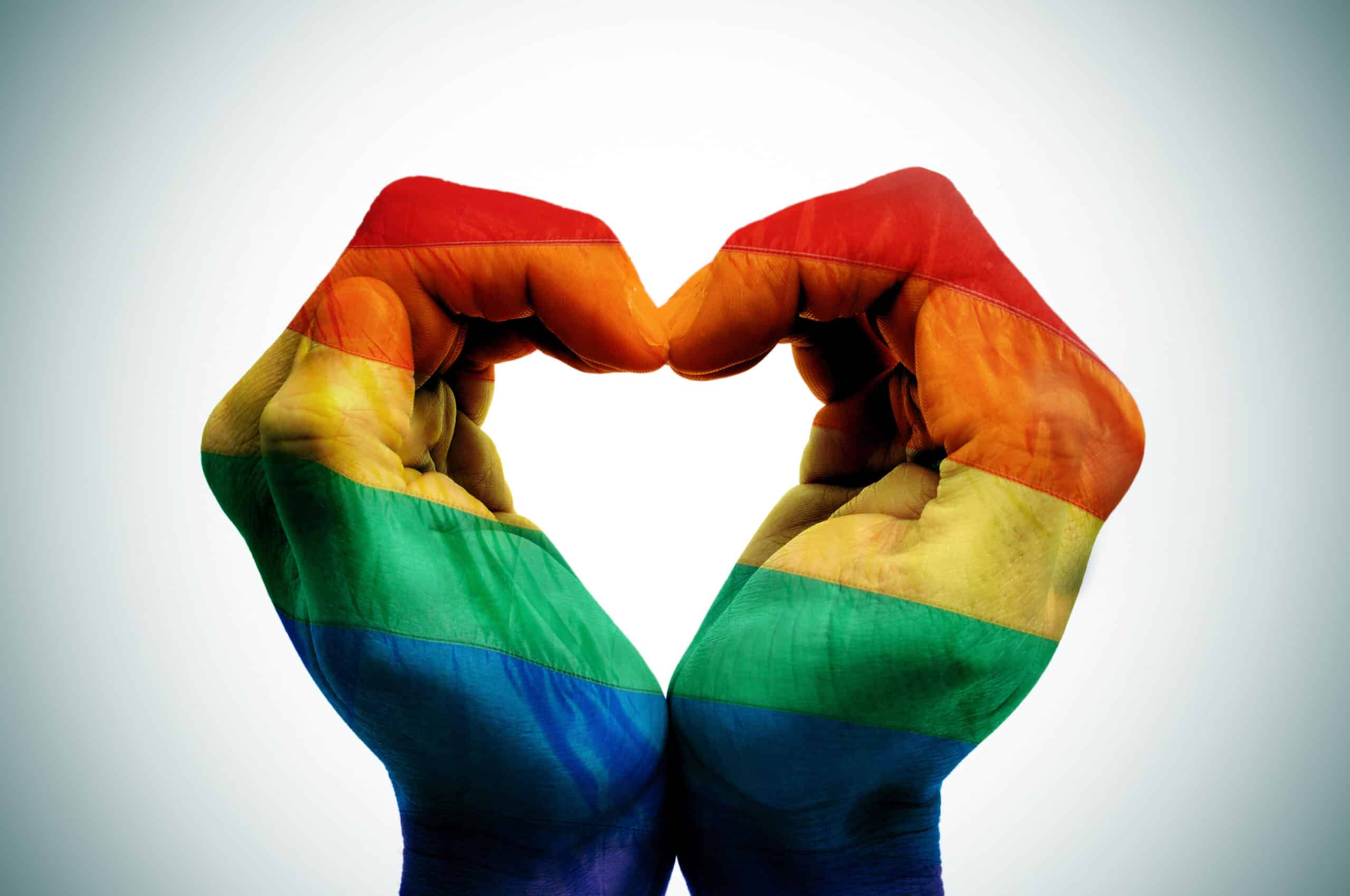Sex vs. Gender Identity. Before delving into a discussion about what it means to be transgender, its important to clarify some terms. The term “sex”refers to our biological characteristics as either male or female (i.e. either having an XX or an XY chromosome). While “sex”is based on biology, gender is socially and culturally created. When we are born, we are assigned a gender (either male or female) by society. The term gender identity refers to one’s ingrained sense of being either male, female, or some other gender, and exists along a continuum, like this:
<—————————————————————————————————————–>
Masculine Androgynous Feminine
Within our culture, we learn to associate certain characteristics as being masculine or feminine. For instance, in Western culture, we describe femininity as warm, social, and emotional, whereas masculinity is strong, independent, and unemotional. As human beings, we like to organize our world and describe the world around us and gender helps us do that. When we meet someone, the first thing we notice is their gender. Our ideas of masculinity and femininity help us to categorize and make sense of our world. But what happens when someone steps outside of their assigned gender? We get uncomfortable! That’s because we aren’t used to people breaking the “rules”of what it means to be a man or a woman. When we see a man wear a dress or a woman act aggressively, we feel weird about it because its unexpected.
Transgender. Transgender is a broad term that refers to people who break the social norms associated with their assigned gender. The term transgender is flexible and includes many different people, like:
- Cross-dressers (people who wear gender non-conforming clothing)
- Drag kings/queens (performers who dress in gender non-conforming clothing)
- Transvestites (people who dress as the opposite sex for sexual pleasure)
- Androgynous individuals (people with both masculine and feminine characteristics)
- Two-spirit individuals (people who take on roles of the opposite gender in some First Nations communities)
- Transsexuals (people who identify as the gender opposite their assigned gender)
- And many others, like Gender Queer, Dyke, Bi-Gendered, Questioning etc.
Remember that gender is socially constructed therefore fluid and ever-changing. In fact, its easy to see how our concept of gender has changed throughout time. In the not so distant past, women weren’t allowed to join the army, vote, or wear pants. These were all associated as being “masculine,”and therefore off-limits to women, but aren’t such a big deal now. In fact, the idea of gender continues to evolve. More and more, we’re recognizing that gender doesn’t have to be fixed but can be fluid and changing. Although a lot of us still get uncomfortable with some gender “transgressions”, we’re starting to see that its okay to live beyond the restrictions of our assigned gender. As our society continues to become more accepting and open, more people can have the freedom to live how they want and express their true gender.
Oppression and its’effects. While this openness about gender is great news, transgendered people continue to be oppressed in our society. They’re more likely to experience discrimination, physical violence, verbal abuse, and sexual assault, often resulting in drug and alcohol abuse, anxiety, and depression, as well as being at risk for suicide.
How can counselling help? Struggling with gender identity can feel very isolating and scary. A person doesn’t decide one day to have ongoing struggles and to feel conflicted about their gender identity. An LGBTQ friendly therapist can create a safe place to discuss what you’ve been going through, help normalize your experience, and help you determine what gender identity means to you, how you would like to express it, and the challenges and benefits associated with exploration. A therapist can also discuss with you the coming out process, concerns about friends and family, and mental health risks including depression, anxiety, suicide, and drug and alcohol use.
Struggling with gender identity is tough and can be difficult for others to fully understand. The good news is that there are now resources available so that people struggling with gender identity can get help. Additionally, society is beginning to change. Over time we are shifting toward a much more welcoming and open society.


